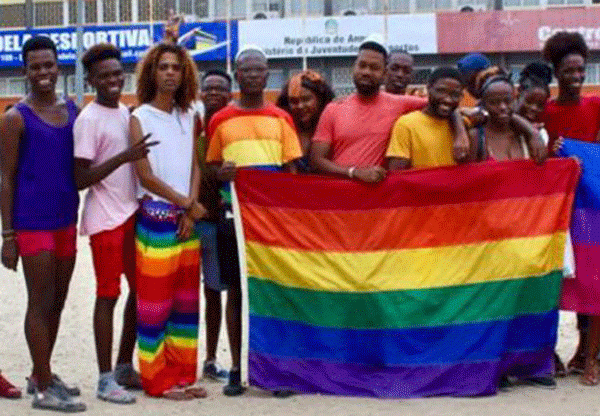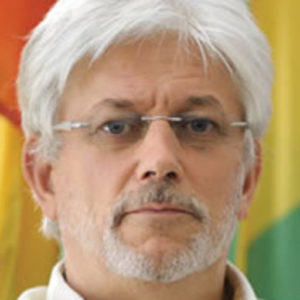Angola’s neighbors may copy its repeal of anti-gay law
Colin Stewart is a 45-year journalism veteran living in Southern…
Angola’s repeal of its anti-gay law last month could lead to the repeal of all remaining anti-homosexuality laws in southern Africa, an international law professor suggests.

Frans Viljoen, director and professor of international human rights law at the Centre for Human Rights, University of Pretoria, South Africa, wrote in The Conversation:
Abolition of Angola’s anti-gay laws may pave the way for regional reform

… This is a great step forward for Angola’s lesbian, gay, bisexual, transgender, intersex and queer (LGBTIQ) community. And the decision could have tremendous significance beyond the country’s borders – by spurring change in the Southern African Development Community (SADC), of which Angola is a member.
That’s because Angola’s move means those SADC states which actively criminalise same sex activity are officially in the minority. And data shows that attitudes towards homosexuality in the region are becoming less negative.
Decriminalisation in Angola brings SADC, which has 16 member states, to a tipping point. Two countries in the region – the Democratic Republic of Congo and Madagascar – never made same-sex conduct criminal.
Three others have unequivocally abolished such laws in the last two decades or so – South Africa in 1998, invalidating all convictions since 1994; Mozambique in 2015; and Seychelles in 2016. In a fourth, Malawi, the situation is ambivalent. In 2012 then President Joyce Banda committed to repeal all laws that criminalised same-sex sexual relations. But, a 2012 moratorium on arrests and prosecutions was suspended in 2016. A court ordered review of the constitutionality of “sodomy laws” is ongoing.
In Lesotho and Namibia, the situation is not very clear. There is no explicit legal prohibition. But it’s assumed that same sex sexual acts remain a common law crime. This leaves a minority of seven states – Botswana, Comoros, Mauritius, Swaziland, Tanzania, Zambia and Zimbabwe – in which the legal prohibition is clear. People are prosecuted for same sex relations in these countries. But, cases are infrequent these days.
But, litigation is underway to challenge these laws in Botswana. And, in Mauritius, the Law Reform Commission already in 2007 recommended that “sodomy laws” be abolished.
There is evidence to suggest that southern Africa is relatively fertile ground for legal reform in this domain. In its 2016 survey independent African research network Afrobarometer found that tolerance towards homosexual persons in the region was higher than in any other part of the continent. In the survey, an average of 32% respondents in southern African countries expressed a favourable view towards having neighbours who are homosexual. This contrasts with an average of 21% across Africa.
Although there will be many obstacles to achieving region-wide decriminalisation, there is also much to build on in terms of popular support and lessons learned from Angola’s experience.
For more information, read the full article in The Conversation.
Related article:
Angola: Another African nation nixes colonial masters’ anti-gay law (
This blog keeps a running tally of nations still clinging to anti-gay laws. Without Angola, our list currently totals 73 nations with such laws, not including countries such as Russia with laws against “gay propaganda.”




Horror for a young man under the shade of Tunisian palms